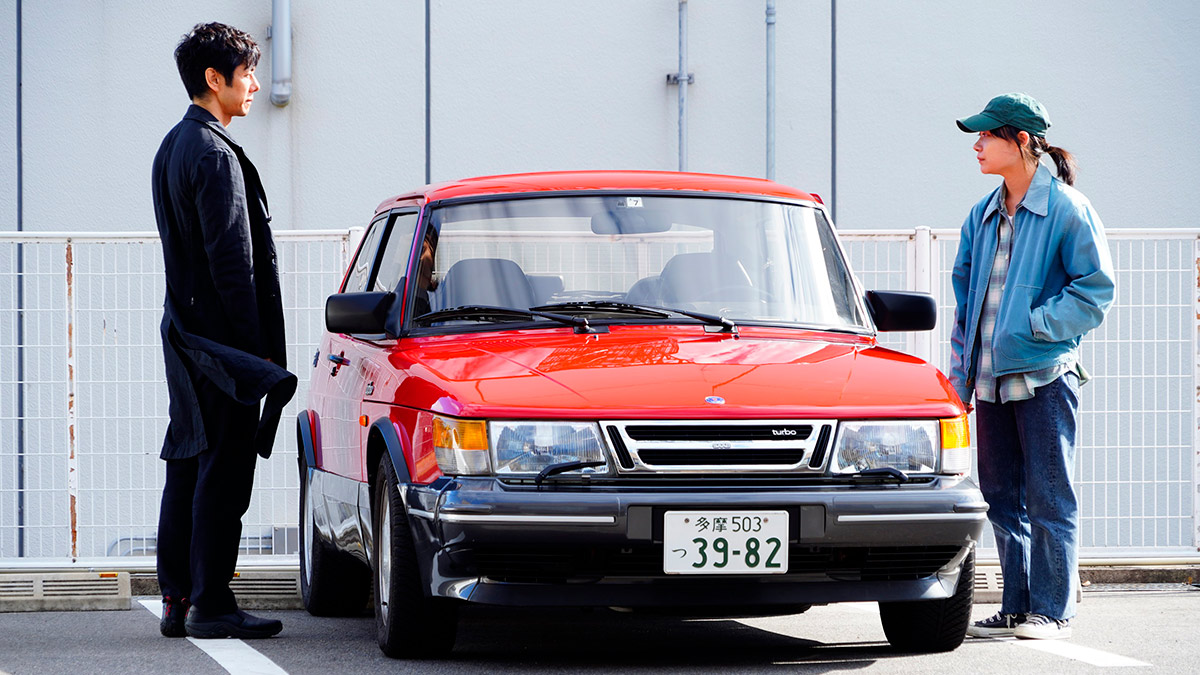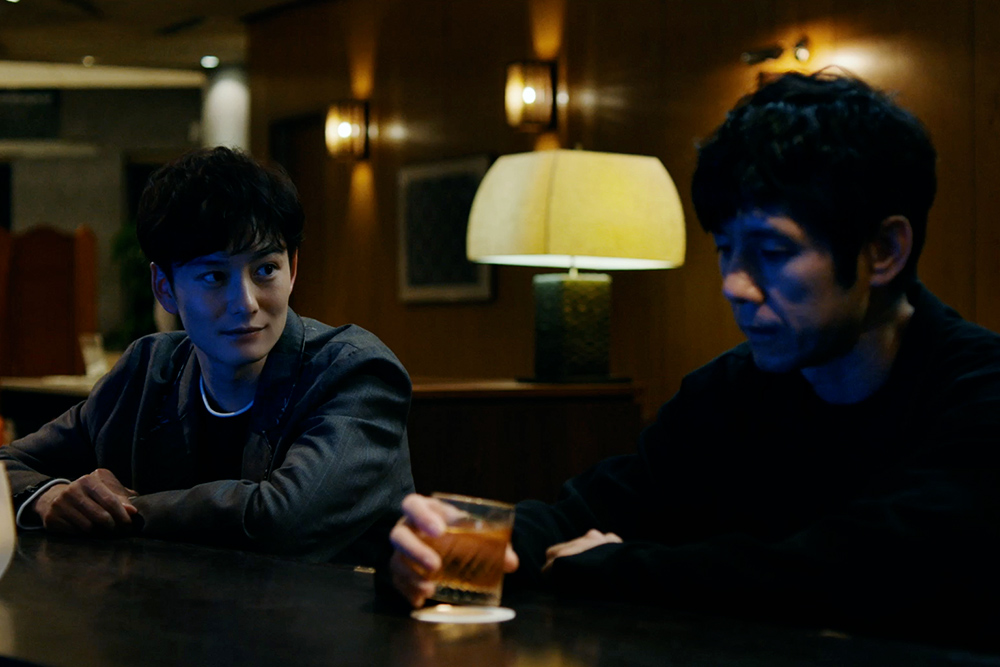
(C)2021 “Drive My Car” Production Committee
“Drive My Car” An intellectual exploration of “words” that transcends the “walls” of dialogue
2021.08.20
A world where stories are used as a medium for interacting with others
As mentioned at the beginning, "Drive My Car" is a film of intelligence and sincerity, and the process of presenting solutions to each of the "communication failures" is also smooth and careful. Without skipping any unnecessary parts, the film spends 179 minutes facing each of the characters' lives.
Kafuku resolves the emotional distance and disconnection he feels with Oto through the process of indirectly "dialogue" with her through the taped voice. Oto records the lines of the character Kafuku is playing opposite her. In other words, a dialogue is born through the work "Uncle Vanya." It may seem one-way, but by continuing to be exposed to Oto's unchanging voice, Kafuku becomes aware of changes within himself.
Also, when Kafuku and Takatsuki talk about the sounds they each know, it leads to an understanding. Here too, there is a link to the "stories" she tells as a scriptwriter. Kafuku communicates with sounds through various "stories." Furthermore, this relationship resonates with the very existence of an actor.
Between the actors and the scriptwriter lies a "story," and the actors acquire "words" through the existence of this "story." Furthermore, a "story" is also present between us, the audience, and more specifically, in this production, the actors create a play within the play, i.e., construct a "story," and thus interact with each other. In this way, like matryoshka dolls, the "stories" overlap, and the audience relives this. As mentioned earlier, the act of watching a play is itself an interaction with the creators and characters through the medium of "story," and it also has a multi-layered meta-structure. In various situations, reality (real) and story (fiction) overlap.

“Drive My Car” (C)2021 “Drive My Car” Production Committee
Furthermore, the structure of "a dialogue that is established by inserting something between them" is not limited to Kafuku and Oto. Kafuku and Takatsuki deepen their mutual understanding by talking about memories of Oto, and Kafuku and Misaki quietly grow closer through the medium of "cars." Her smooth driving touches Kafuku's heartstrings, and eventually becomes his anchor, which is one of the core elements of this work and is truly beautiful.
At the same time, the film's theatrical element is interesting in that it also uses the car as a setting. As seen in Tom Hardy's solo performance in On the Highway (2013) and the works of Hamaguchi's mentor, Kiyoshi Kurosawa, the car and theatrical elements go very well together in the sense of a single situation. This is another area where the film's careful calculations are well thought out, and the director's skill shines through.
"Drive My Car" is a human drama about a man recovering from a loss, but no matter which scene you cut out, it doesn't end with just what you see. Every scene is a metaphor of some kind. That's why the emotions that well up in your heart after watching the movie are greater than you would expect, and it will capture the hearts of many viewers.
Director Hamaguchi's philosophy can also be felt in the characters of Oto and Takatsuki. As depicted in Asako I & II, the Arrival that "it is precisely because we are unable to make calm judgments that we are human" emerges from the two. At the same time, the gradation of Kafuku's feelings as he is at the mercy of the two is also impressive, as he comes to think that "it's okay not to understand." Director Hamaguchi's perspective, which does not create stereotypical character designs but embraces even mistakes as part of human nature, is filled with serene kindness.
A theatrical methodology that deconstructs and reconstructs “words”

